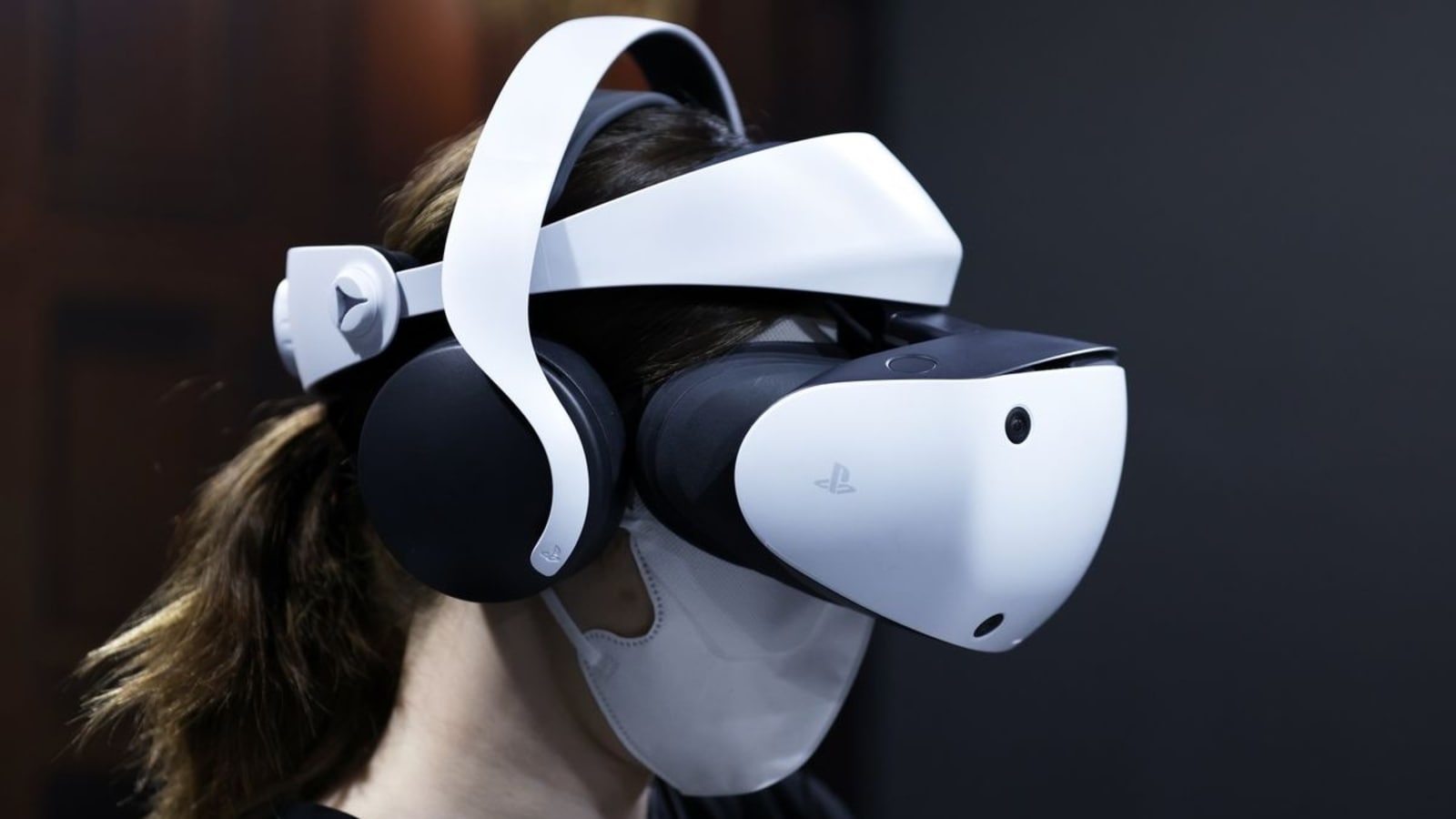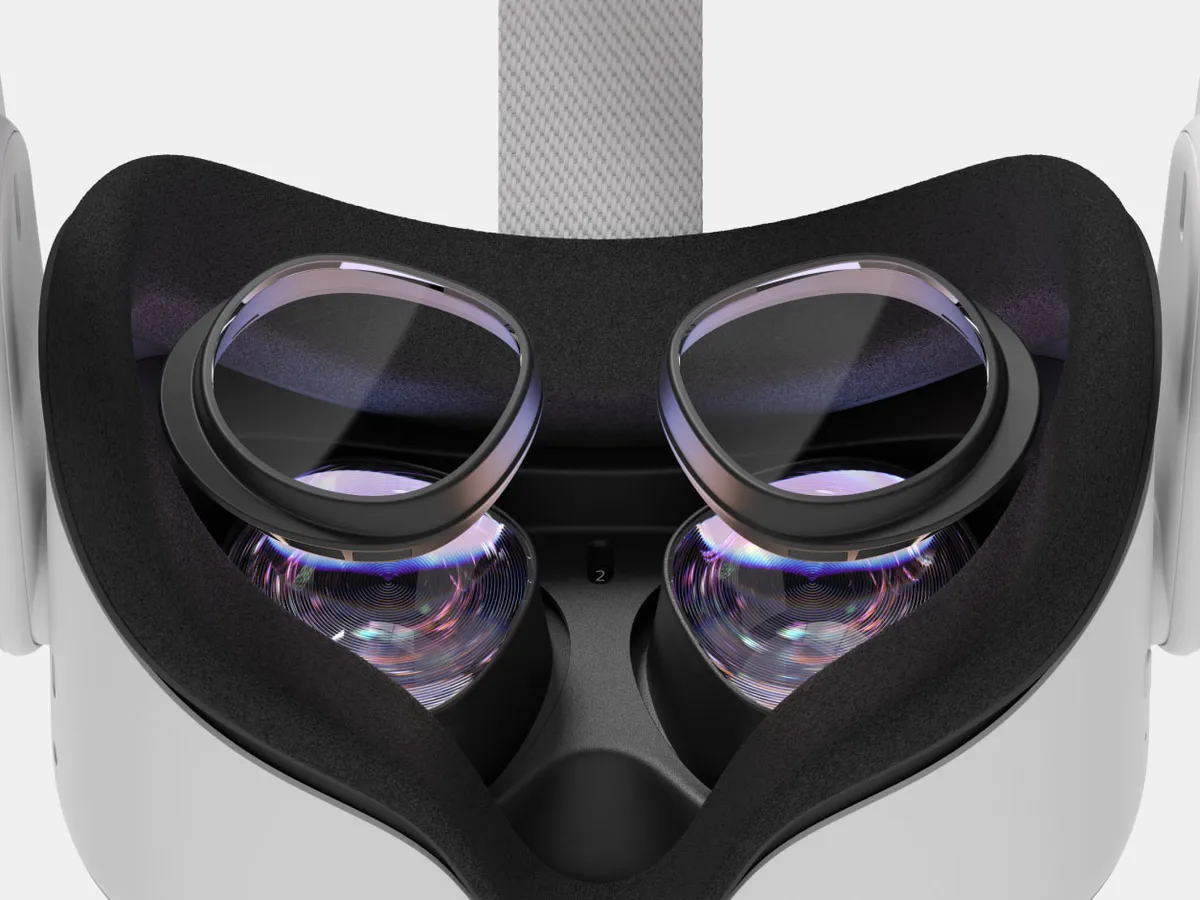Even before the powerful Quest Pro, Meta’s $1,500 enterprise-focused VR headset, had a chance to settle, CEO Mark Zuckerberg of Meta announced that we will be getting another headset in 2019!
Ben Thompson of Stratechery spoke with Mark Zuckerberg about the business and its long-term objectives. Zuckerberg revealed some information on the Quest 3 during the chat, stating that the VR headset will cost “in the neighbourhood of $300, $400, or $500.” The headgear will go on sale some time in 2023, according to a recent Q3 2022 earnings call by Meta.

Facts
When The Quest 2 first came out in October 2020, it immediately gained popularity among VR fans, gamers, and businesses eager to use the technology for teamwork and training.
The Quest 2 will be $100 more expensive starting in 2022, according to a price increase announcement from Meta. We may increase our investment in ground-breaking research and the creation of new products that propel the VR sector to new heights by altering the pricing.
The first of a new range of “high-end” gadgets, the Quest Pro, was unveiled by Meta during its most recent Connect event. The Reality Labs branch of Meta has been hard at work developing many VR headgear prototypes, each with a distinctive code name like Butterscotch, Starburst, or Holocake. Quest 3 is a part of that mixture.
Opinions
The truly intriguing thing is that all of this information was discovered weeks earlier by YouTuber SadlyItsBradly. Two weeks prior to Meta Connect, Brad discussed the Quest 3 (reportedly code-named Stintson), and even supplied CAD models and specifics of the headgear in the video.
Although Meta has long hinted at an eventual Quest 2 replacement, which according to estimates from market researcher IDC has sold over 15 million devices, its strategy for AR and VR has recently changed.
Conclusion
The Reality Labs division, which includes gear for augmented reality and virtual reality as well as software platforms like Horizon Worlds, had a loss of $3.7 billion for the quarter, up from $2.6 billion a year earlier and up by over $1 billion from fiscal Q2. Over $10 billion was spent on the metaverse in Meta’s previous fiscal year, which concluded in December, as a result of those losses.


